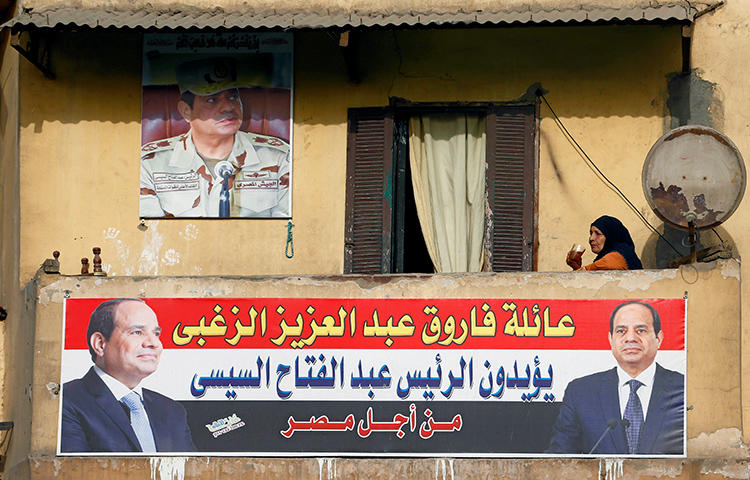New York, February 20, 2017–The Committee to Protect Journalists is concerned about the detention and subsequent disappearance of Egyptian journalist Moataz Wadnan, and today called on the country’s authorities to make public what they know about his whereabouts.
Police on February 16 arrested Wadnan, who works as a reporter for the Istanbul-based Huffington Post Arabi, and three of his relatives at a check point in the suburb of Mounib, right outside of Cairo, local media reported. Egyptian authorities released Wadnan’s relatives the same day, and transferred the journalist to the Fifth Settlement Police Station pending interrogation in front of State Security prosecutors, according to the same reports.
Police officials told Wadnan’s family that the journalist was transferred on Sunday to the State Security Prosecution office, which prosecutes national security and terrorism related crimes, yet prosecutors denied having him in custody, according to news reports.
Prior to his arrest, Wadnan published his interview with Hisham Geneina, a senior member of the presidential campaign of Sami Anan, a political rival to Egypt’s President Abdel Fattah el-Sisi. Geneina was arrested on February 13 pending investigation in a lawsuit filed by the Egyptian military, after he said in the interview that he has secret documents showing military leaders’ involvement in “post-January 25 violence” during the 2011 Egyptian revolution, according to news reports. Anan was arrested on January 23, a few days after he announced his intention to run in the presidential elections, according to reports.
Ahead of presidential elections, the government has been keen to censor any critical reporting, CPJ research shows.
“The Egyptian authorities practices of arresting, hiding, and intimidating journalists undercuts the already slim chances of having free elections,” CPJ’s Middle East and North Africa Program Coordinator Sherif Mansour said from Washington D.C. “The authorities should immediately release Moataz Wadnan, and stop their absurd attempts to silence coverage that does not align with the official narrative.”
Wadnan’s family filed a complaint to the Egyptian Prosecutor General inquiring about the journalist’s whereabouts and asking for his immediate release, according to news reports.
The Egypt’s Interior Ministry, which oversees police operations and prisons, did not immediately respond to CPJ’s request for comment sent via email.
Authorities have used emergency measures, which were imposed in April 2017 after dozens were killed in an attack on two churches, to censor media outlets and publications, bring “false news” charges against journalists who contradict official statements, refer civilians to military trial, and hold journalists in pretrial detention indefinitely.
Since May 2017, Egyptian authorities have blocked at least 496 websites of news outlets–including Huffington Post Arabi— blogs, human rights organizations, and circumvention tools used to bypass the blocks, according to the AFTE and the U.S. based Open Observatory of Network Interference. The state-owned Middle East News Agency reported that unspecified officials on May 24 ordered internet service providers to block access to 21 news websites that allegedly supported terrorism or reported “false news.”
